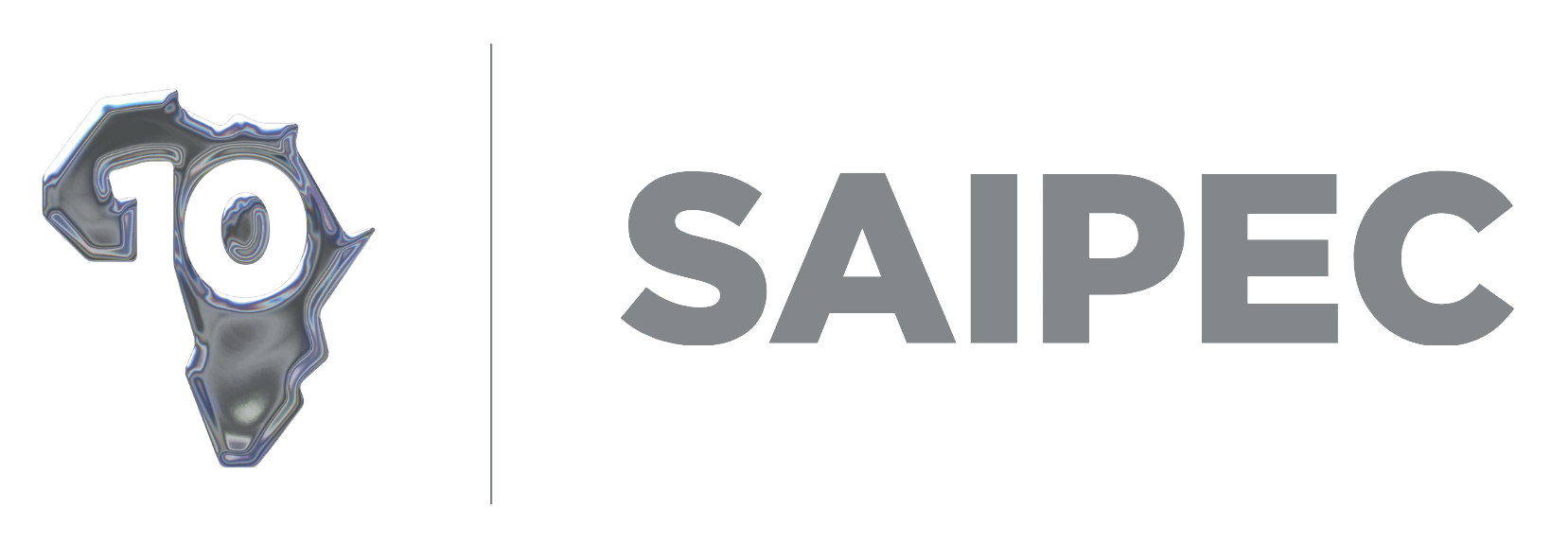UNOC takes aim at local content ahead of SAIPEC
)
Uganda National Oil Co. (UNOC) has begun its journey to claiming its position as a producer, with first oil set for 2025.
UNOC national content specialist Jessica Kyeyune confirmed the country’s plans in conversation with Energy Voice. “We need to create a balance. Uganda has never produced oil and gas before and there’s work to be done,” she said.
Environmental studies and infrastructure construction are areas in which Ugandans have experience, she said. “We don’t have the sort of knowledge in steel that is needed for the East African Crude Oil Pipeline (EACOP). Ugandans can certify as welders though, even if we can produce the steel. Local people can be trained to close the gap, by working with professionals so that next time we can do it.”
At the heart of this knowledge transfer is learning on the job, rather than just in a classroom.
The process, Kyeyune said, was “definitely going very well”. Ugandans make up around 70% of employees in most companies. “This would not have been the case if local content regulations were not in place.”
Uganda sees $15-20 billion invested in the country around its energy sector. This includes $8bn in the upstream, $3-4bn on the refinery, $5bn for the refinery and $1bn on support infrastructure, such as roads and an airport. Thus far, $7.13bn contracts have been approved, with $1.8bn going to Ugandan companies.
Regulations passed in 2016 reserved 16 categories for Ugandan entities. This included security, food, accommodation, civil works and communications. As of September 2023, the Petroleum Authority of Uganda (PAU) reported the industry employed 13,821 people.
Shared knowledgeThe UNOC specialist was talking ahead of Saipec, where she will be talking. The Lagos conference is focused on local content, she said.
“Our suppliers can go and see what can be supplied,” she said. Participants will be able to see how to supply the Uganda market and “know what’s local on the continent. Working with international companies means we can bring in capital and knowledge, we can learn from them and grow. It’s important that Africa does not only benefit from rents, but also from providing employees and contractors.”
One area of interest at Saipec will be the energy transition and energy mix. “We don’t believe we are going to energy transition now, not when even countries like the UK are awarding exploration licences. At UNOC, we want to see how other countries are coping with the transition.”
“We attend Saipec to learn and to collaborate how to get things moving, without hurting the industry, and also look at the ESG perspectives.”
Meeting up in this way will provide context. Uganda has backed a project to plant 100 million trees, in part to tackle deforestation, driven by a need for cooking fuels.
“We started [planting] last year and it will go on for five years. We’re developing solar and we have hydropower. We do not depend solely on oil for light. However, are we going to transition to electric vehicles now? Probably not.”
The West is also starting to come to terms with the need for hydrocarbons, Kyeyune said. “People are starting to realise we cannot just close the tap on oil. If there’s no more oil, there’s no more movement.”
First oilUganda is making progress on its plans, she underscored. EACOP has secured financing, with support from China’s Sinosure, while Uganda has paid up for its equity contribution. “Construction has started on the Tanga site, in 2025 we will definitely have first oil.”
For UNOC, the company has plans beyond TotalEnergies and CNOOC’s Tilenga and Kingfisher projects, though.


